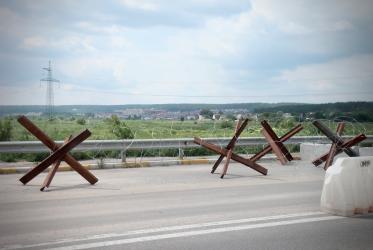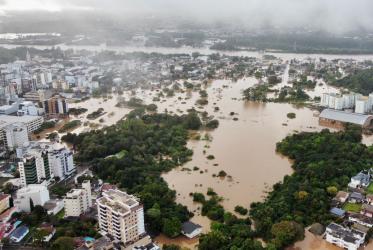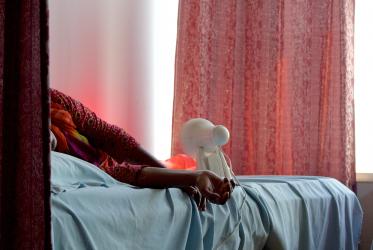Displaying 1 - 20 of 30
07 February 2024
In wake of floods in Brazil, WCC expresses concern and solidarity
09 September 2023
Ukraine: Responding to humanitarian need
08 September 2022
WCC stands in solidarity with victims of major flood in Brazil
17 February 2022
WCC podcast deals with death and dying
15 December 2020
WCC Eco-School encourages youth to become eco-ambassadors
08 November 2018
Voices from Colombia: “What if we have no land to till?”
15 February 2018
















